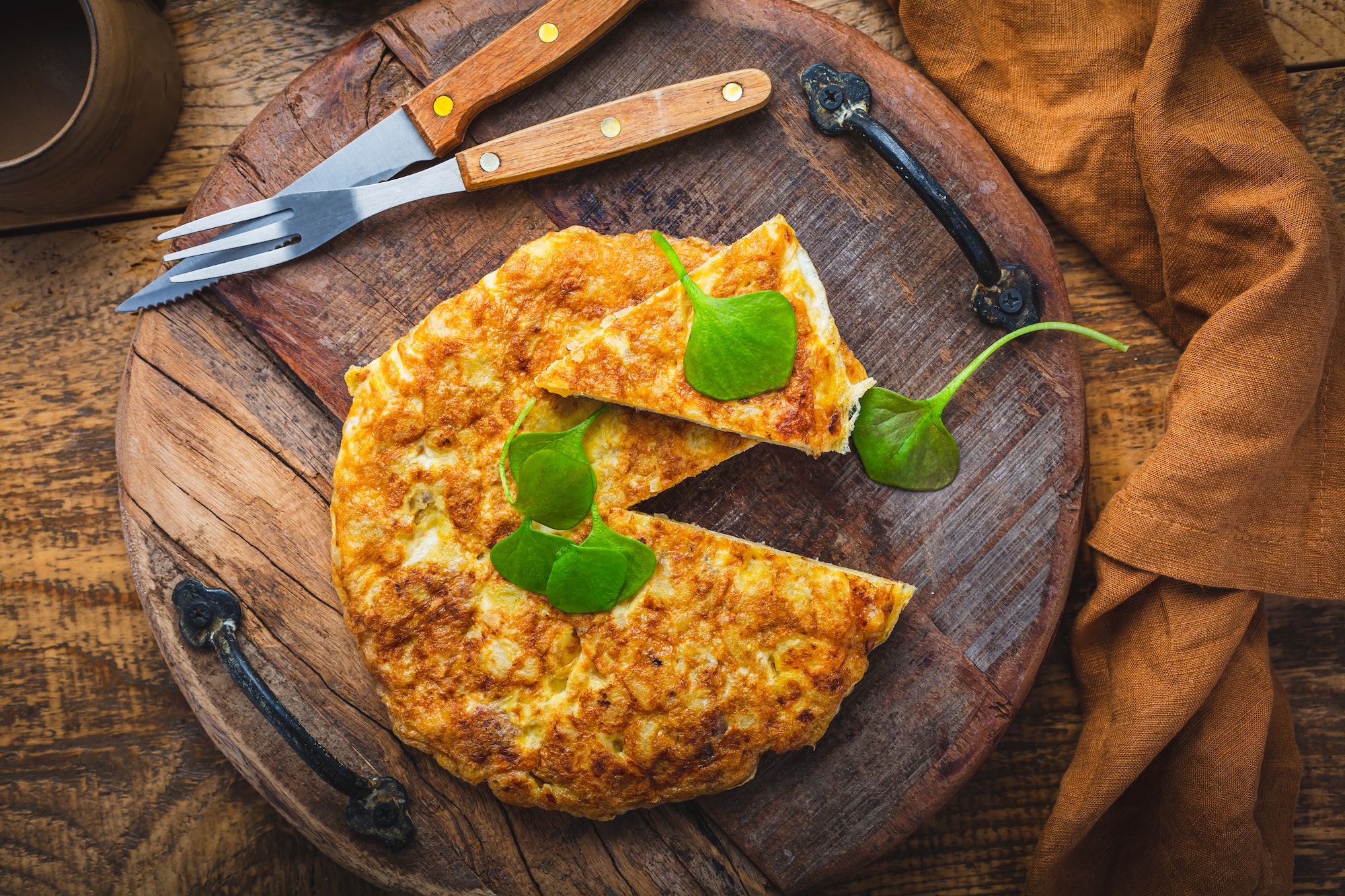Ferran Adrià, a culinary genius and a pioneer in the world of gastronomy, is best known for his groundbreaking work at El Bulli restaurant. Located in Roses, Spain, El Bulli was a Michelin three-starred restaurant that operated from 1961 until its closure in 2011. Under Adrià’s guidance, the restaurant became a hub for innovation and experimentation, giving birth to new culinary techniques and concepts that would forever change the landscape of haute cuisine.
One of the most significant contributions of Ferran Adrià and El Bulli to contemporary haute cuisine is the development of molecular gastronomy. This culinary discipline involves the application of scientific principles and techniques to cooking, transforming traditional dishes into innovative creations that challenge the senses. Molecular gastronomy has been embraced by many top chefs around the world, who have incorporated these techniques into their own kitchens to create unique dining experiences.
At its core, molecular gastronomy seeks to understand and manipulate the physical and chemical processes that occur during cooking. By applying scientific knowledge to culinary techniques, chefs like Adrià are able to create dishes that defy expectations and delight the senses with unexpected flavors, textures, and presentations. For example, one of El Bulli’s most iconic dishes was a liquid olive that was created by using a technique called spherification. In this process, a liquid is mixed with sodium alginate and then dropped into a calcium chloride solution, forming a thin membrane around the droplet and creating a sphere with a liquid center.
Another major contribution of Ferran Adrià and El Bulli to contemporary haute cuisine is deconstructivism. This innovative approach involves breaking down traditional dishes into their essential components and then reassembling them in new and unexpected ways. By deconstructing familiar ingredients and flavors, chefs can create dishes that challenge preconceived notions about how food should look, taste, and feel.
For instance, one of El Bulli’s most famous deconstructed dishes is the “Tortilla de Patatas,” a traditional Spanish omelette made with potatoes, onions, and eggs. In Adrià’s version, the dish is presented as a delicate foam made from potato and onion, accompanied by a confit of egg yolk and a crispy potato chip. This deconstructed interpretation of the classic dish surprises diners with its unexpected presentation and delightful flavors.
The influence of Ferran Adrià and El Bulli on contemporary haute cuisine cannot be overstated. Through their innovative use of molecular gastronomy and deconstructivism, they have inspired countless chefs to push the boundaries of culinary artistry and create dishes that are as visually stunning as they are delicious. As a result, dining at top-tier restaurants around the world has become an immersive experience that engages all the senses.
Despite its closure in 2011, the legacy of El Bulli lives on through the chefs who trained under Ferran Adrià and have gone on to open their own successful restaurants. Many of these chefs, such as Grant Achatz of Alinea in Chicago, Andoni Luis Aduriz of Mugaritz in Spain, and René Redzepi of Noma in Copenhagen, continue to innovate and experiment with molecular gastronomy and deconstructivism in their own kitchens.
In conclusion, Ferran Adrià and El Bulli have had a profound impact on the world of contemporary haute cuisine. By embracing molecular gastronomy and deconstructivism, they have transformed traditional dishes into innovative creations that challenge and delight the senses. Their influence continues to inspire chefs around the world to push the boundaries of culinary artistry, ensuring that the legacy of El Bulli will endure for generations to come.

